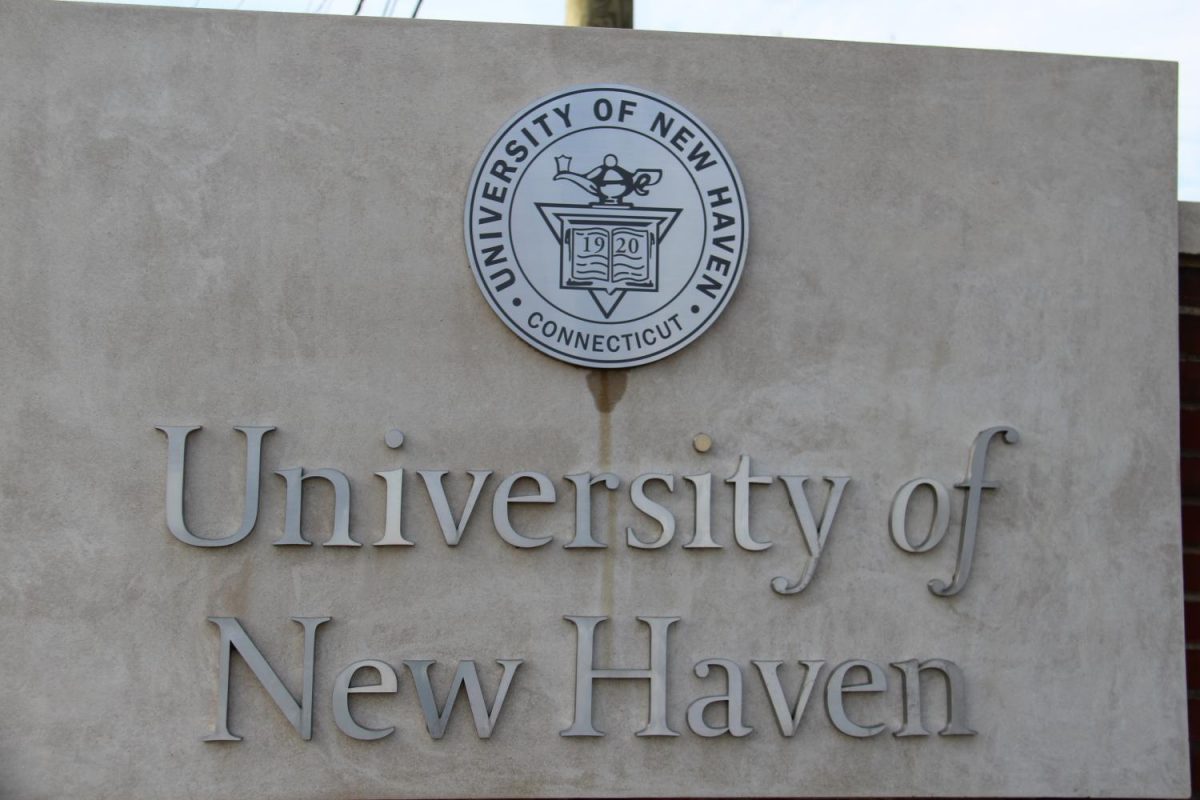U. New Haven’s Lack of Due Process
Secretary of Education Betsy DeVos recently withdrew the “Dear Colleague” letter, a piece of federal guidance which made universities establish parallel court systems for sexual misconduct. The Trump administration, along with the Foundation for Individual Rights in Education, has said that the Obama-era guidance failed to protect victims, and removed due process from the process. This should bring attention to how the University of New Haven handles sexual misconduct.
To better understand the university’s policy, I read the university’s Sexual Misconduct Policy. I also spoke with Title IX Coordinator and Chief Diversity Officer Carol Koziatek, Assistant Director of Title IX/VAWA Compliance and Student Life Programs Ashley Dunn, and Senior Associate Dean of Students Ric Baker about how the policies get implemented.
Investigations of sexual misconduct at the University of New Haven are handled by the Sexual Misconduct Process Team. According to Dunn, members are trained to be “either investigators, they could be hearing panelists, or an appeals panel board member.”
Training includes in-person training, webinars, and conferences. Everyone on this team has a master’s degree, but none have a law degree. Nobody on this team is qualified to operate in a criminal court as a judge or attorney.
Decisions made by this team can occur without the counsel of attorneys. Page 16 of the Sexual Misconduct Policy says, “The University is not obligated to provide an attorney or advisor for either party.”
Representation in the Formal Hearing Resolution, this system’s equivalent to a trial, must be done by students themselves.
Page 19 says, “The parties involved are responsible for presenting their information… advisors are permitted to speak only to their advisees [during meetings or proceedings]”.
In a speech about the policy, DeVos mentioned a case at another university as an example of how the “Dear Colleague” letter’s guidelines failed victims.
Cross-examination, the right of the accused and accuser to question each other during a hearing, is not allowed, according to page 18-19 of the university’s Sexual Misconduct Policy. Instead, there is a system where complainants and the accused can contest facts presented to them by third parties. This system lacks a crucial component of cross-examination: the right to confront one’s accusers.
Instead of using beyond a reasonable doubt, the highest standard of evidence possible, the university uses “preponderance of the evidence” (pages 19-20), which is commonly accepted as only 51 percent of certainty required for a decision. According to Dunn, the university is required to adopt this standard by Connecticut state law.
A common argument in defense of this system is that these are not criminal courts, so it is acceptable to remove due process. While low standards are acceptable for minor, campus-related offenses, they are inappropriate for felonies. Criminal courts ensure due process because of the high stakes of a false conviction: imprisonment or death. The stakes of a campus court are lower, but are still permanent. Students determined responsible are likely to be expelled, ruining their academic and professional career. This is an insufficient punishment for the guilty and unacceptable for the innocent.
Regardless of your opinion of other Department of Education policies, anyone who supports individual rights should stand with DeVos on this issue. If you want to protect due process at the University of New Haven, contact Connecticut’s state senators and representatives. Urge them to lift the requirement for preponderance of the evidence and to push legislation to protect due process at universities. You should also spread the word among your friends and on social media. We need to make this issue more visible if we are to enact change.

Reginald Walden is a junior majoring in Marine Biology with a minor in Communications. He is a member of the Delta Alpha Pi Honor Society, Marine Biology...




